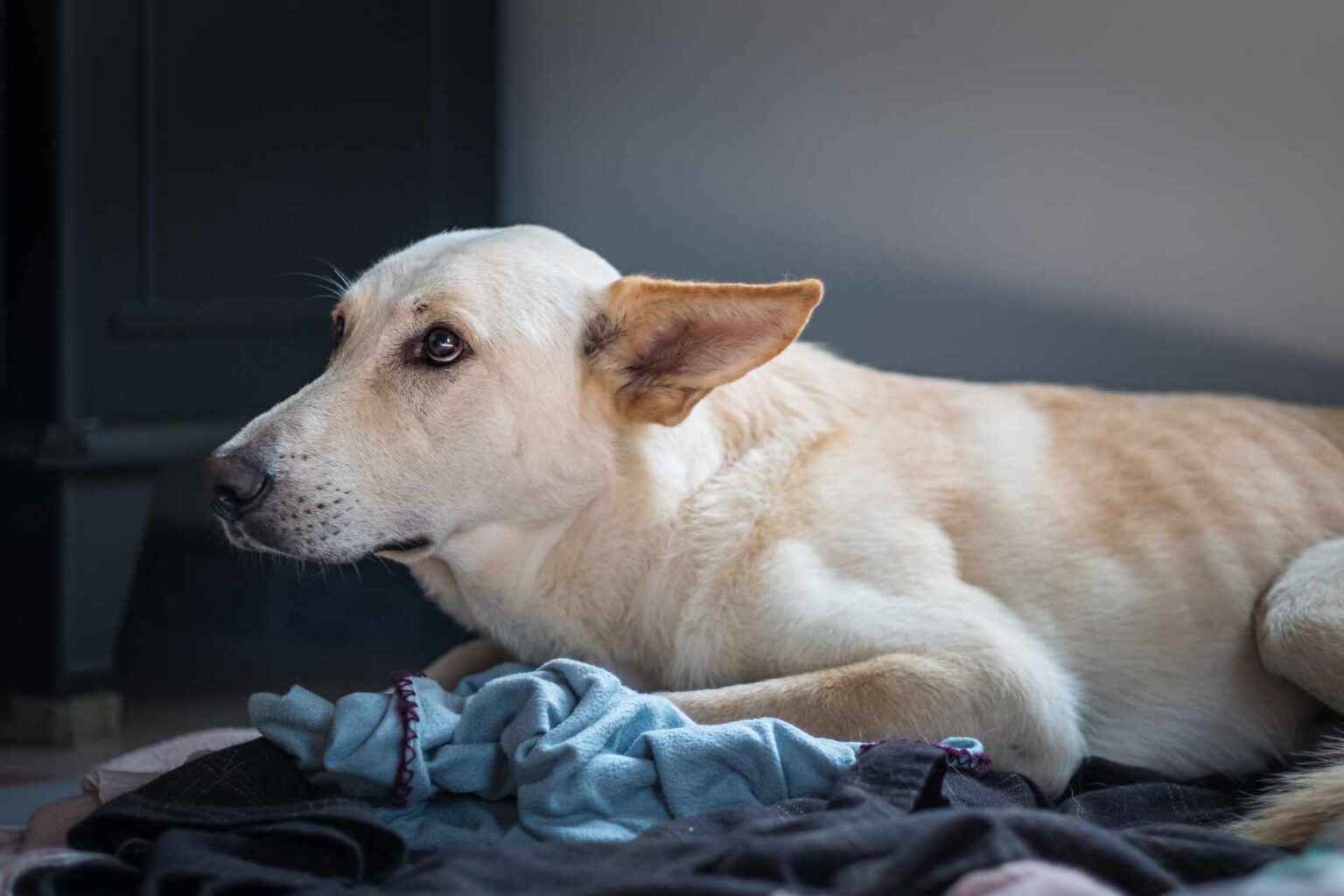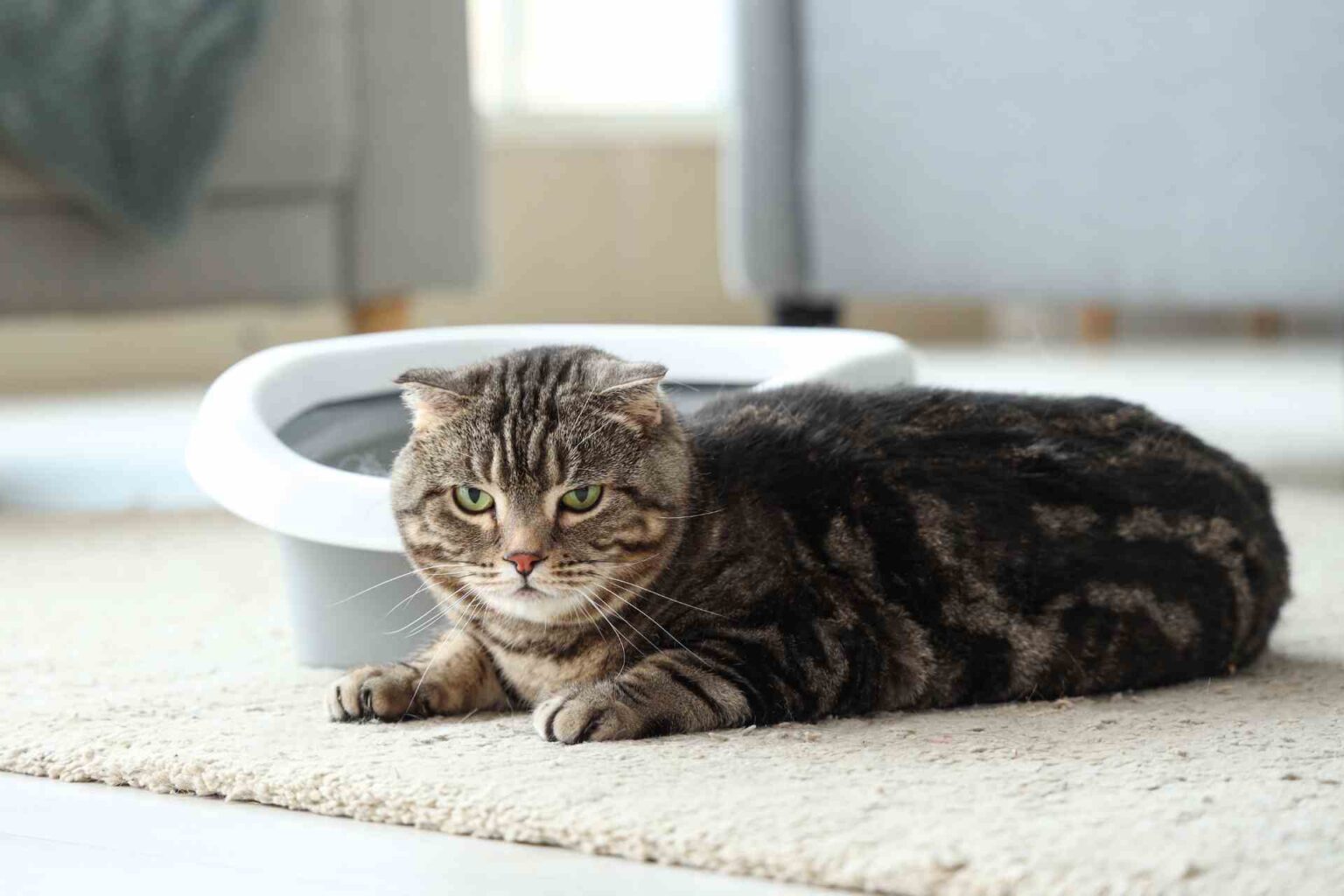Canine obesity is a growing global health problem, with prevalence figures ranging from 20% to 40% worldwide.
Obesity is the result of a prolonged imbalance between energy intake and consumption, but it is now better understood that its etiology is a complex interaction between genetics, diet, metabolism, and physical activity levels in dogs as in humans.
In addition, the composition and function of the gut microbiota can act as determinants through a variety of mechanisms, including the production of bacterial metabolites that can lead to increased diet-derived energy metabolism and promote the regulation of adipogenesis and the release of inflammatory adipokines.
In humans, obesity is associated with low-grade systemic inflammation, and it has been shown that weight loss can reverse this condition. In addition, recent research in humans indicates that alterations in pro-oxidant and anti-oxidant balance play a critical role in the pathogenesis ofobesity and may lead to chronic inflammation of adipose tissue. To date, the evaluation of antioxidant status in canine diseases is still in its infancy.
Calorie restriction: little impact in obese dogs
Caloric restriction is the main therapeutic strategy to achieve weight loss and is hypothesized to influence the inflammatory and antioxidant status of obese dogs.
However, it remains unclear whether the reduced calorie intake resulting from calorie restriction can affect the gut microbiota. The work by Vecchiato et al. aimed to evaluate serum-level differences in parameters related to inflammatory and antioxidant status and to analyze the fecal microbiota and related bacterial metabolites in 16 obese dogs and 15 lean dogs.
For 30 days , the authors fed all dogs enrolled in the study a high-protein, high-fiber diet to maintain body weight. Next, the 16 obese dogs were fed the same type of diet for 180 days, but in restricted amounts, in order to promote weight loss.
First, before the introduction of the experimental diet (T0), the authors observed slight differences in fecal bacterial populations between obese and lean dogs; however, bacterial diversity and major bacterial metabolites did not differ significantly.
The results of the study showed that, compared with lean dogs, obese dogs showed higher serum levels of the markers inflammatory C-reactive protein (CRP ) and haptoglobin (Hp) and total thyroxine (TT4). Surprisingly, higher levels of the markers associated with antioxidant capacity have been found in obese dogs.
Moreover, in this same group of dogs, these markers were found to be inversely correlated with Hp before the caloric restriction phase.
Compared with T0, dietary treatment affected the fecal microbiota of obese dogs by reducing the abundance of microorganisms belonging to the taxon Firmicutes and increasing the abundance of those belonging to the taxon Bacteroides spp. However, these changes did not have a significant impact on the dysbiosis index.
Calorie restriction did not result in significant large-scale changes in bacterial populations. Consequently, dysbiosis index , bacterial diversity indices , and metabolites were not significantly affected in obese dogs.
Calorie restriction also did not lead to a reduction in inflammatory markers or an improvement in antioxidant status; however, an increase in TT4 levels was observed.
Obesity and calorie restriction: evidence and future prospects
Vecchiato ‘s study provided evidence related to the fact that obese dogs have a subclinical inflammatory state, characterized by higher levels of certain inflammatory markers and simultaneously higher total antioxidant capacity. From the results of the work, calorie restriction did not affect the inflammatory status of obese dogs.
The fecal microbiota of obese and lean dogs showed little difference, and neither bacterial diversity nor metabolites were affected by the nutritional status of the dogs. Calorie restriction resulted in some changes in the abundance of some bacterial populations, but did not affect bacterial diversity and dysbiosis index in obese dogs. This study provided information on the implication of gut microbiota, inflammatory and antioxidant status, and thyroid homeostasis in canine obesity. Further research will be needed to better understand, in dogs, the influence of these factors on this condition.
Reference
Reference: Vecchiato CG, Golinelli S, Pinna C, Pilla R, Suchodolski JS, Tvarijonaviciute A, Rubio CP, Dorato E, Delsante C, Stefanelli C, Pagani E, Fracassi F, Biagi G. Fecal microbiota and inflammatory and antioxidant status of obese and lean dogs, and the effect of caloric restriction. Front Microbiol. 2023 Jan 12;13:1050474. doi: 10.3389/fmicb.2022.











